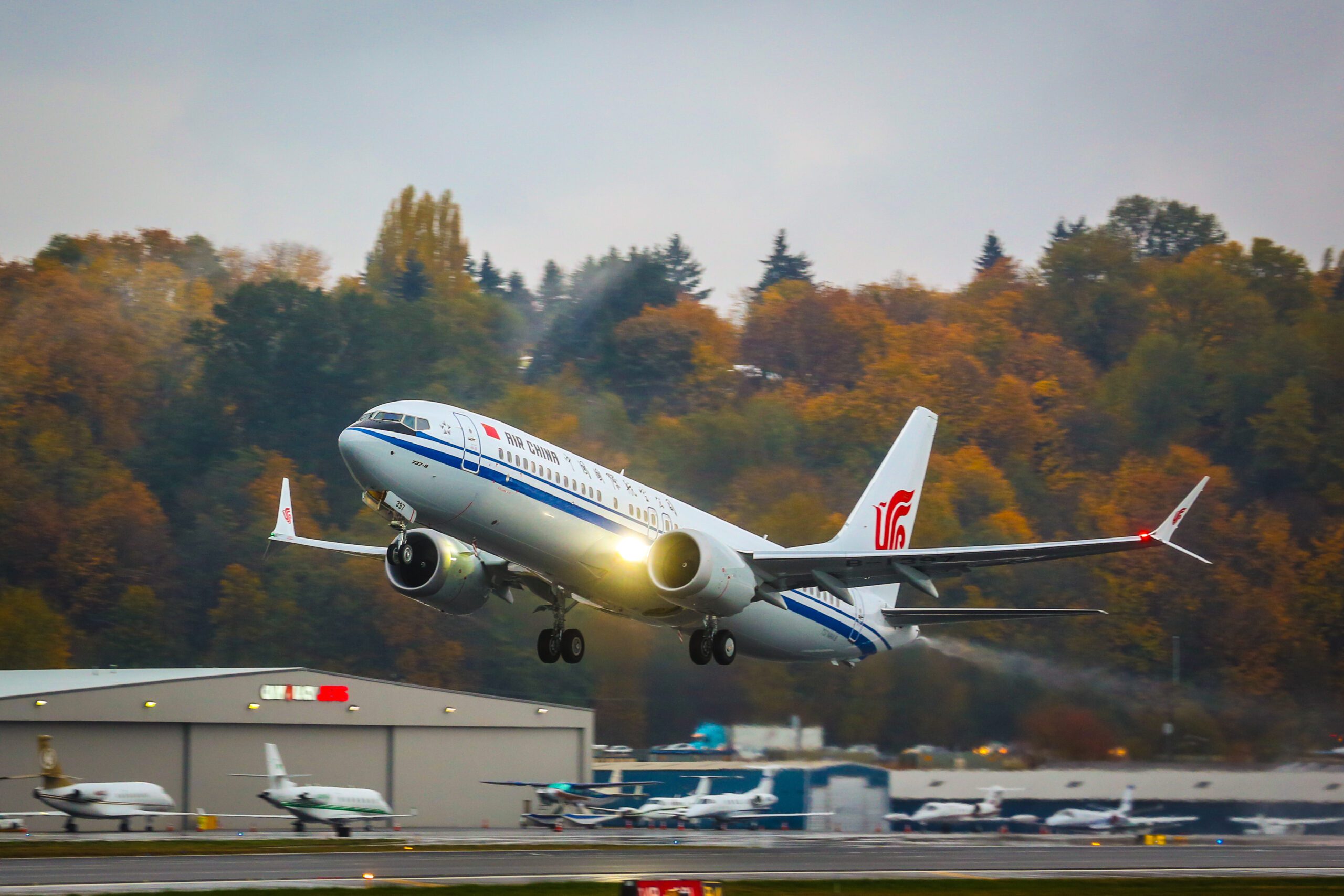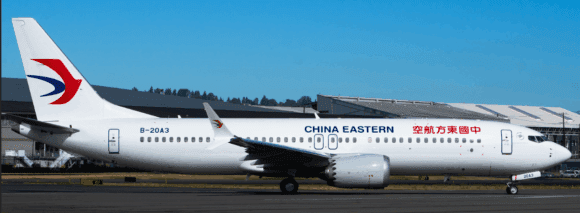
CPL ngf 3821 scaled
Boeing’s President and CEO David Calhoun is positive about the position of the MAX in China, now that the Chinese regulatory agency CAAC is no longer objecting to Boeing the deliver new airplanes to Chinese customers. During today’s Q1 earnings call, Calhoun did his best to get the MAX out of the geopolitical debate around China and US relations. Boeing is relieved that China finally welcomes back the MAX.
“The Chinese market has come back as robustly as anyone might have imagined. Domestic travel is now at pre-pandemic levels and will continue to grow. They need the airplanes. So I state as a fact that our customers are going to need more airplanes in the relatively near and medium term. This (resuming deliveries) is a pretty easy way for them to satisfy that need,” said Calhoun.
He added: “So before getting involved in a geopolitical discussion, no geopolitical discussion is actually required here. We have orders on the books, we have airplanes on the tarmac. This is just a nod from the Chinese government that they would like to take delivery of their airplanes.”
Since January, Chinese airlines were returned 45 MAX to service out of the 95 aircraft they had taken delivery off until the grounding in March 2019 after the Ethiopian Airlines accident. Boeing has 138 aircraft for Chinese customers awaiting in inventory. Last year, Calhoun considered offering some of the aircraft to other customers to de-risk the business but backtracked on the idea after China showed signs of opening up.
The CAAC’s 737 aircraft evaluation report is “an important step toward the delivery of aircraft that are currently in Boeing’s possession. We will follow the lead of our customers,” said Calhoun.
Yet, even now, all of Boeing’s predictions and outlooks are without considering China, Calhoun said. “On the other hand, we are working very hard to regain China. If and when we are able to do that, it will take risks out of the delivery of finished goods inventory. But including China doesn’t change much in terms of production rates, because all our rates up to 50 out are constrained by supply. These are not demand rates.
Views: 10



